With the NHL’s new collective bargaining agreement in the books, it now seems inevitable the league will be looking for at least two new expansion teams to start play in the next few seasons. One may be in Atlanta.
With a reported price tag of $2 billion per franchise, each existing team stands to make $62.5 million per new club from any new team, making it that much more likely they will collect those funds as well as boost the value of existing franchises.
With the league growing and franchise values on the rise, interest in acquiring expansion teams seems to be at all-time high, and certainly the NHL’s last two forays into new markets have been a big success in Las Vegas and Seattle.
Two NHL failures in “Hotlanta”
This brings us to Atlanta, a city that has had two previous NHL expansion franchises in 1972 and 1999. The teams lasted just eight and 12 years, respectively. In 1972, the NHL expanded by two teams. The Atlanta Flames hung in until 1980 before being sold and moving to Calgary. Nearly two decades later, the Atlanta Thrashers were part of a gradual four-team expansion package in the late 1990s, but the second expansion team for Atlanta eventually were sold off in 2011 and turned into the second version of the Winnipeg Jets in 2011.
So, with two times an Altanta NHL expansion team turning into a Canadian franchise, what is different this time around for Atlanta’s hopes to return – and succeed?
Several things are markedly different this time around, actually, and some important changes in the league and the market will give a new Georgia club a chance to really grow roots and be able to build a more solid fan base than both the Flames and Thrashers enjoyed long-term.
The allure of Atlanta
First, and most importantly, a new Atlanta expansion club would have a chance to succeed with a revamped expansion draft process that has allowed both the Vegas Golden Knights and Seattle Kraken to qualify for the playoffs in short order and achieve certain levels of success in the postseason, something the Flames and Thrashers never managed to do.
The Flames qualified for the playoffs six of their eight seasons in the NHL, but never won a playoff series, and just winning a pair of postseason games during their tenure in Georgia, needing three trips and five years to even win a single playoff game in 1977. The Thrashers struggled even more than that over a longer stretch, getting in the playoffs just once in 2007, and getting swept out at the hands of the New York Rangers, leaving town with zero postseason wins.
While the Flames’ expansion cousins, the New York Islanders, were able to build a dynasty during the 1980s, they didn’t lift their first Stanley Cup until three days after the Flames’ relocation to Alberta had been announced in May of 1980. The three other teams brought in the same time as the Thrashers, the Columbus Blue Jackets, Minnesota Wild and Nashville Predators have all had limited success on the ice, with just one Stanley Cup Final appearance between the four franchises since coming in the league between 1997 and 1999, with Nashville’s lone appearance in 2017, two decades after entering the NHL.
By contrast, the Knights have already reached the Final twice since entering the league in 2017, winning the Cup in 2023, largely thanks to a much more effective expansion draft process that allows new teams to be much more competitive right away with less players protected by existing clubs, as well as the gift of a clean slate of salary cap space – which can be incredibly effective if uses properly. Vegas qualified for the playoffs in their and reached the Final before losing to the Washington Capitals in 2018, while Seattle not only got in but upset defending champion Colorado in their first-ever series in 2023.
By contrast, the measly roster composition from an expansion process that really favored existing clubs hurt both the futures of the Flames and Thrashers, and while the former made the playoffs in their second year during a period of rapid NHL expansion, they didn’t win their first playoff game until their third trip in 1977. The latter didn’t make the playoffs until winning the Southeast Division in 2007, then failed to even win a game, and then quickly a young and exciting team was slowly dismantled before being sold off in 2011 without another shot and playoff success.
With a real shot to be competitive out of the gate this time around, a new Atlanta team certainly would have a shot to end the city’s playoff series drought within the first couple of seasons, and offer the market a chance at success for the first time in the league’s history. A team would also have the benefit of having a pair of regional rivals which are improved since the days of the Thrashers in Carolina and Nashville, both a couple of hours away from Atlanta, not to mention a vastly improved pair of former Southeast Division rivals in the Sunshine State.
Atlanta is a large-market city
Market-wise, Atlanta is the second-largest U.S. TV market without an NHL team and seventh in the country. Just two of the Top 10 Neilsen Designated Market Areas in the country lack an NHL team, with Houston being the other in the sixth spot. Television is also a major factor in why Atlanta is working its way back up the expansion list is the fact that it’s the home of TNT, one of the league’s broadcast partner, and site of TNT’s pre and postgame shows. With one of two broadcast partners pushing for a team in Atlanta, it’s certainly very influential being in the league’s ear in the effort to lure a team back to Turner Brodcasting’s corporate headquarters.
One major different in a potential Atlanta proposal is the team wouldn’t be based downtown this time around. The Flames played their existence at the Omni Coliseum in the center of the city, eventually becoming part of the same complex that hosted future cable giant CNN. When the arena was demolished in 1997, the expansion Thrashers played at its replacement named Philips Arena, which was built on the same plot of land as its predecessor next to CNN and what had become Centennial Olympic Park.
Any new team would be playing nearly 30 miles northeast of what is now called State Farm Arena in Forsyth County, a hockey-only facility proposed near Alpharetta. Not surprisingly, the proposed Gathering at South Forsyth project, which got county approval in January, is modeled after the city’s other successful sports-related project in recent years, the Braves’ move from Turner Field in the center of the city to suburban Cobb County in 2017.
Revenue opportunities
The Battery Atlanta, which moved the MLB franchise from near the junction of Interstates 20 and 75/85 to just outside the perimeter of Interstate 285 in Cumberland, has become the blueprint for future arena and stadium projects, combining both the stadium (Truist Park) as well as restaurants and other retail to make these projects very profitable with year-round revenue. The team not only controls what goes on inside the park, but also the retail and eateries surrounding it, meaning a bigger revenue stream for a potential owner.
The Gathering is a 100-acre site with the anchor being an NHL-caliber arena, as well as housing, shops, retail and other green space, or in other words, a revenue generator they hope makes the presence of an NHL team more profitable despite tickets sold for the venue itself and insulated from the pitfalls that saw the other two teams leave town.
The hope as well is despite the proposal’s distance from both the city and airport, they will be closer and accessible to the more affluent areas north of the city, and near where the ECHL’s Atlanta Gladiators play at Gas South Arena in Duluth – a 13,000-seat venue that could temporarily host an expansion team before a permanent arena is complete.
Another factor in Atlanta’s potential re-entry being geared towards success is with a hefty price tag, the likelihood a team will simply become an unwanted property will be slim. The Flames cost $6 million to enter the NHL in 1972, and an offer of $14 million was good enough to lure them to Alberta eight years later. The Thrashers paid $80 million to enter the league in 1999, and True North paid $170 million in 2011 to convince the disinterested Atlanta Spirit ownership to part with the hockey team that it inherited in 2004 from Turner Broadcasting as part of a sale for what it really wanted, the NBA’s Atlanta Hawks.
Clearly, with a $2 billion price tag for just the NHL franchise alone, it dwarfs the previous Atlanta expansion fees, and is nearly 12 times greater than the price paid to move the Thrashers to Manitoba 14 years ago. By the end of both franchises’ time in Georgia, there wasn’t a real desire to make the product viable, but rather just cash out and move on.
And, to be honest, what will make or break Atlanta’s – or any other city’s bid to join the NHL – is the ability to put together a group that can afford a $2 billion investment, and willingness to put that much on the line for a franchise. The asking price is now over three times what the Kraken paid to join the league just four years ago, and if you’re going to be able to put that kind of money together, you’re also more willing to incur some short-term hardships as the franchise value grows.
Certainly Atlanta seems to be the favorite should the NHL add a 33rd team in the near future, and should an ownership group be able to answer the NHL’s financial requirements, it seems more a matter of when, and not if, that the highest level of professional hockey returns to the Peach State.
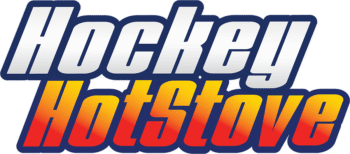
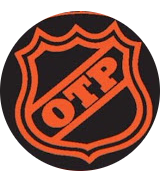
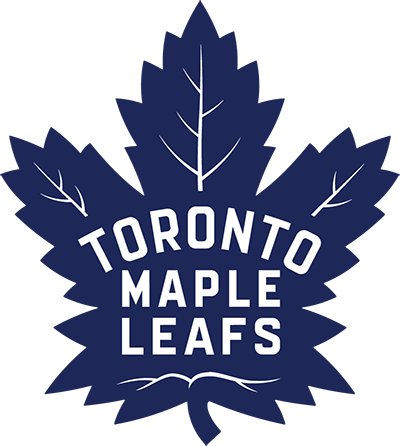
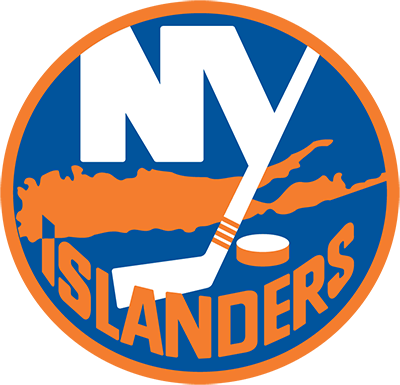
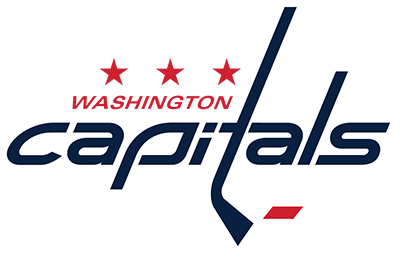
The only question left to answer if Atlanta gets a team is which Canadian city will be the benefactor of a franchise relocation from Atlanta this time around? My guess would be Quebec. The soon to be new Nordiques.
Atlanta may be a large market, but it is first and foremost a college football town. The fans simply do not show up for pro sports like they do college. Its tilting at windmills IMO, Especially for a sport like Hockey.
Should be in Quebec City. It’s been too long since the NHL has actually put an expansion franchise into Canada. Enough of the big Yankee talk. Time to get a Canadian running the NHL.